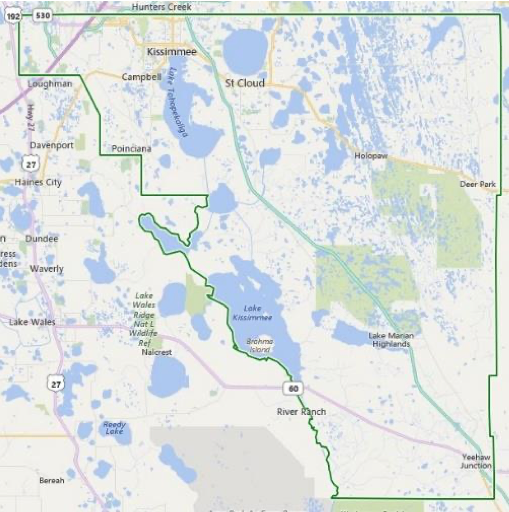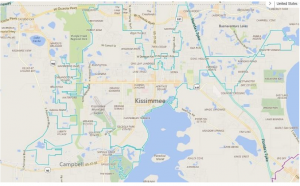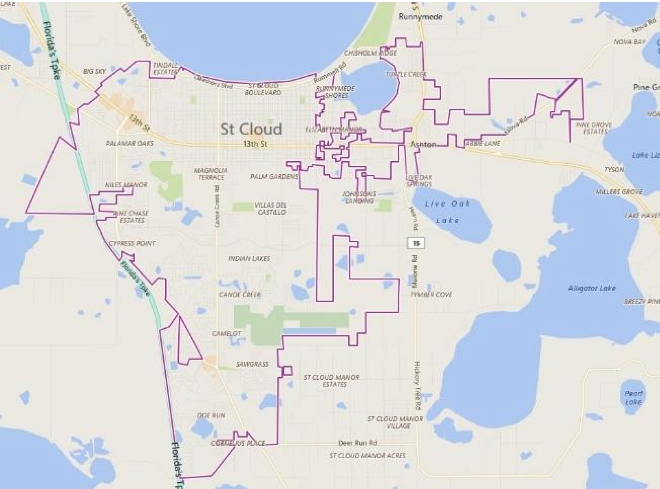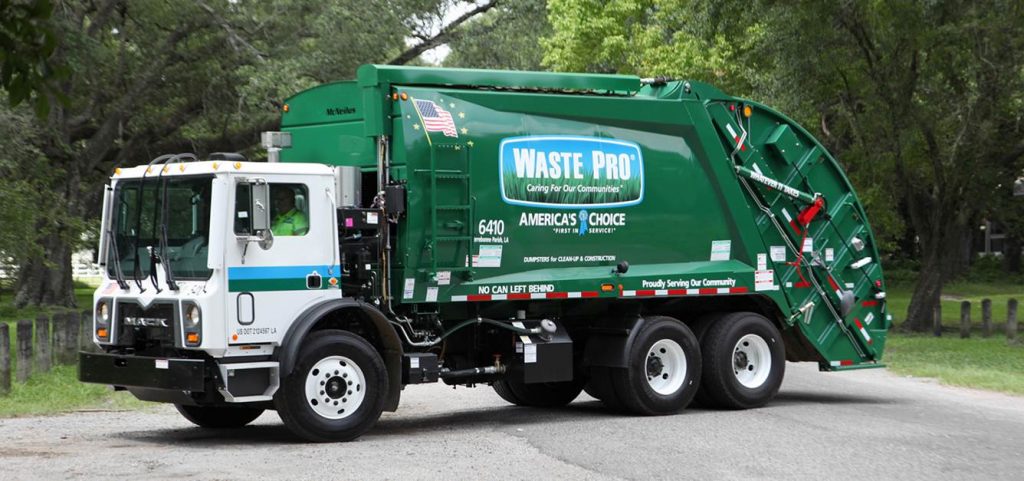As we grow more and more people are attracted to our great county. Something that I have noticed about those that move in, is that there is much confusion as to how our county, city and HOA borders work. This is especially noticeable within the Poinciana area. I thought it prudent and worthwhile to properly explain it as to give newcomers and even those who are already here some clarification.

Our great county has three specific and notes worth governments. This would be Osceola County which is a Commission style of government. Meaning that it is governed by the Board of County Commissioners (BOCC) who have their meetings by weekly at varying times. Their meeting schedule can be found at the county website Osceola.Org. The BOCC votes on many different measures that apply to those areas that are considered unincorporated (I’ll explain what this means later). Those measures are called ordinances and are essentially the laws of the county. Depending on the law it may or may not apply to those areas that are incorporated. The BOCC makes the laws or ordinances but does not have the power to enforce them. This falls as a responsibility of the county manager. The county manager is the only one allowed to direct staff and acts as an in-between to staff and the BOCC. Because of this, no BOCC member can give direction to staff, everything must go through the county manager.
Osceola County is anything that falls within the county borders. This includes areas such as Celebration, and parts of Davenport to the west; Holopaw, and Deerpark to the east; parts of Hunterscreek to the north; and it goes all the way down to Yeehaw Junction to the South.

Within the county, we have two municipalities or city governments. This would be the City of Kissimmee and the City of St. Cloud. Both Cities have a similar governing style to the county. The city of Kissimmee has it City Commission with a City Manager and the City of St. Cloud has a City Council also with a City Manager. The cities are a little more confusing with their borders as they tend to be extremely jagged and convoluted. This is due to annexation of unincorporated areas over many years. Unincorporated areas are those areas that are not part of any city. They do not have any kind of city government and are only governed by the county or BOCC. Areas on the outside of city limits can be annexed to the city after going through a process. Unincorporated areas only need to be attached to current parts of the city, this is what leads to jagged borders and areas that look like peninsulas surrounded on three sides by unincorporated land.

Some of the most known unincorporated areas are Celebration, Poinciana, Narcoossee, Holopaw, and all South Osceola County. These areas are only governed by the county. They share the advantage of no city taxes, far fewer regulations, and only needing to keep track of the BOCC for any changes in laws, regulations, and county taxes. This gets a bit confusing with the Poinciana area though as they are not solely in one county. The county border with Polk county goes straight through Poinciana. This can be confusing for some Poinciana Resident when looking for solutions to some issues because they may not know which side of the border they are on. The easiest way to explain this would be to say; that if you live near the library, the Publix side of Vance Harmon Park, The Bordeaux/ Amiens Side of Walnut, or if you take a right on Marigold you live in Osceola County. Anything else is part of Polk County. You could also type in Poinciana into Google Maps and see where you sit compared to the county line. Something that further confuses residents in Poinciana is using Kissimmee as their city to receive mail. This has been explained in varying ways to me but rather than going into that Poinciana residents simply need to know THAT THEY ARE NOT PART OF KISSIMMEE.
Something that the entire county also has is Home Owner’s Association’s (HOA’s). HOA’s are normally established when a community is originally built. They gain their power through contracts or covenants. If someone purchases a home within an HOA they are agreeing to abide by the covenants and rules set by the HOA. Through this contracting process, the HOA has the power to seek resolutions to issues within the HOA. This could be as simple as cutting your grass, or not parking a semi on the street. It could even be as stringent as controlling home color or mailbox style. I implore anyone purchasing a home to read the rules of their HOA before signing any closing papers as to not be caught by surprise later. Some areas even have what’s considered a Voluntary HOA. These do not have any kind of enforcement powers and are simply a way for a community to pay for things like entryway sign maintenance, street lights, and common area maintenance.
This is a bare-bones explanation of how our county and cities work and how their borders are set up. I feel that this is the best way to start the explanation process though. I could go further into things like districts and such but would not want to over inundate readers. If you are interested I can always be contacted at Osceola.LPF.Org.



